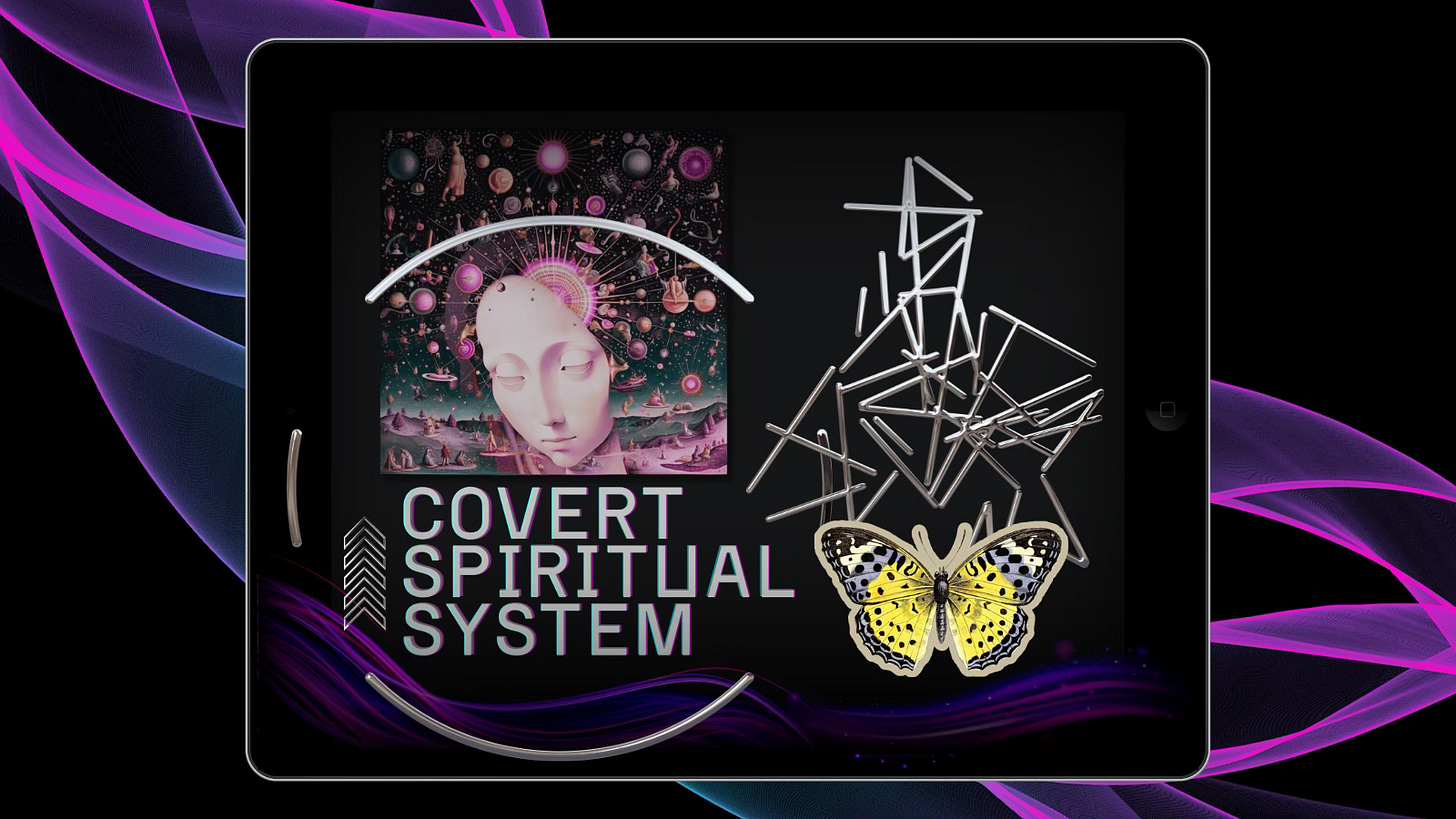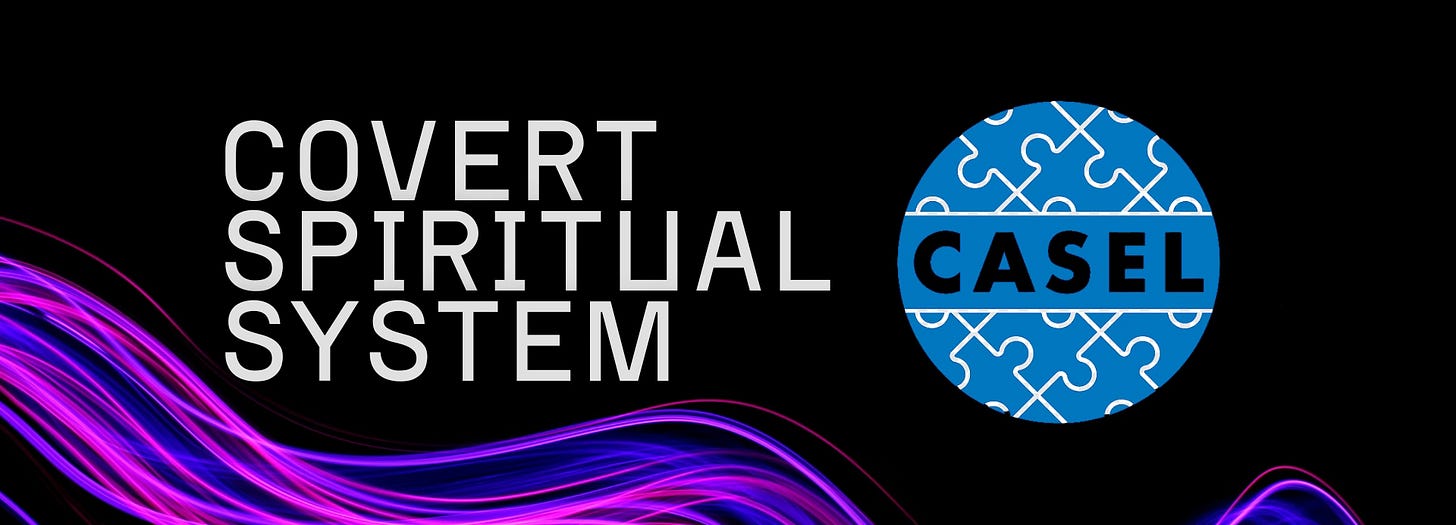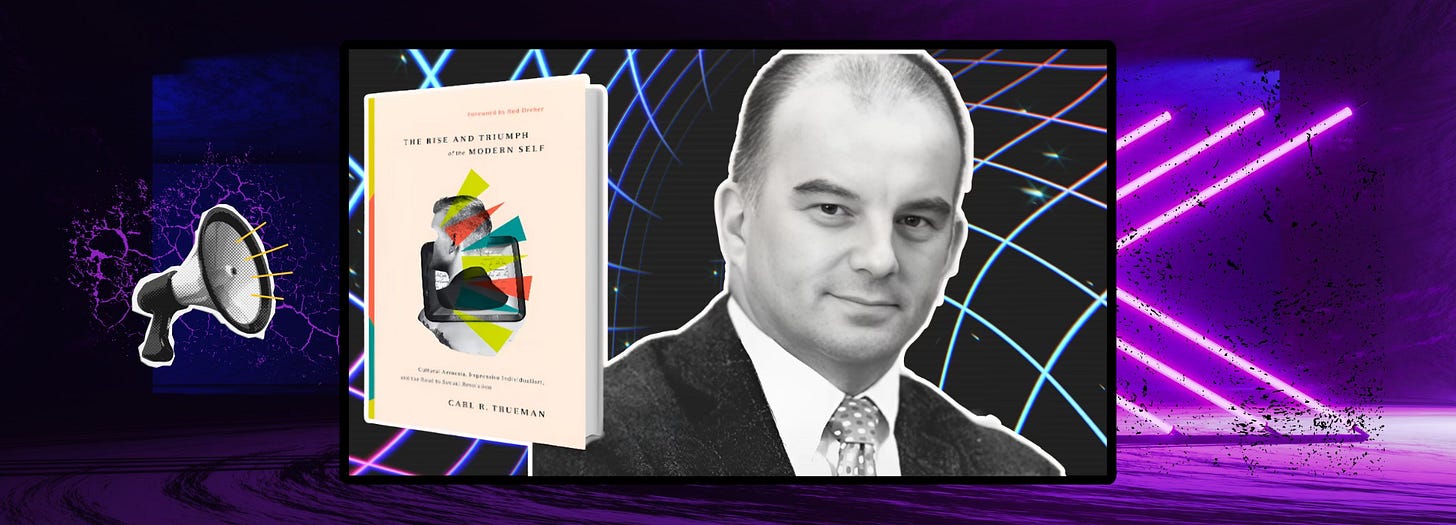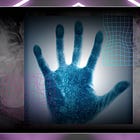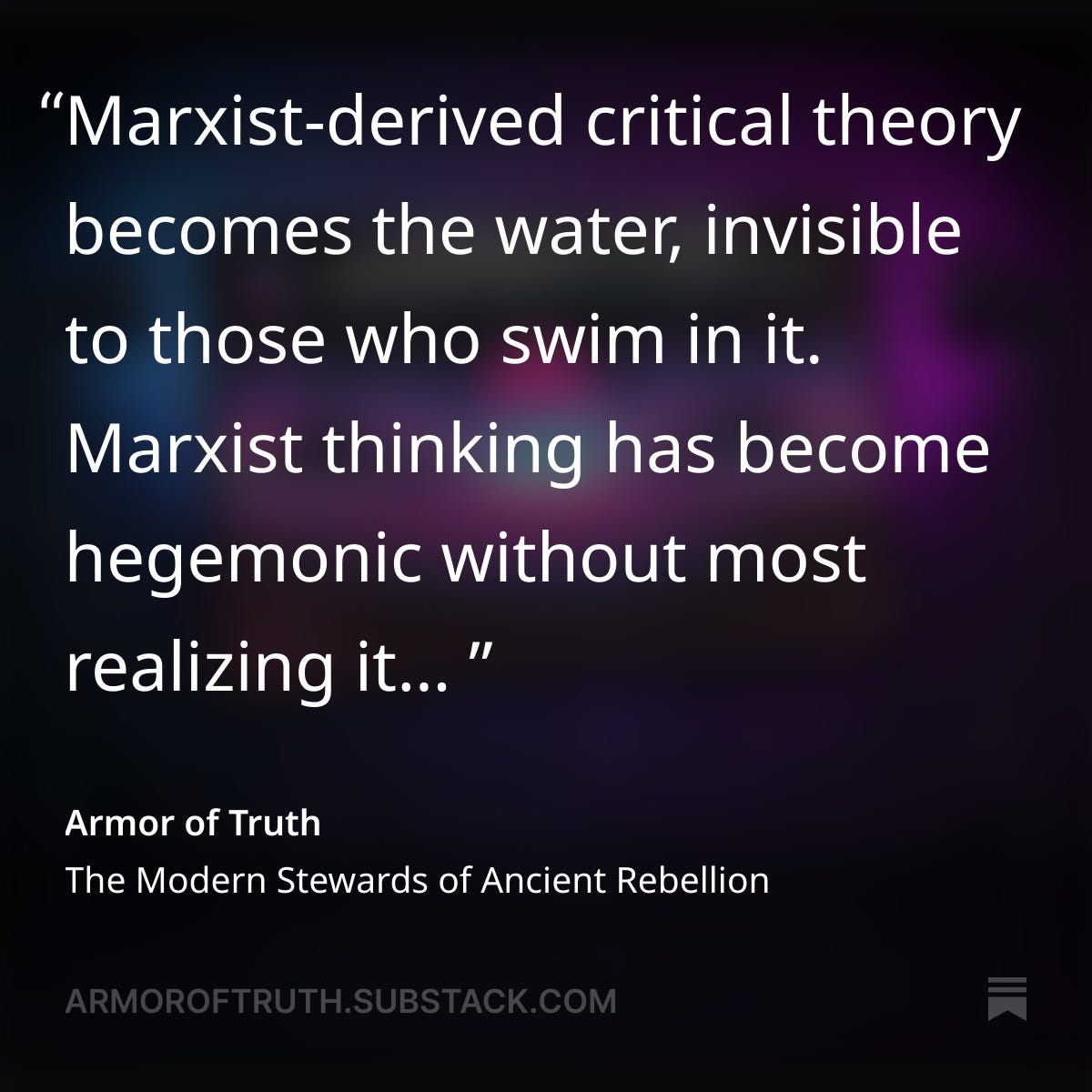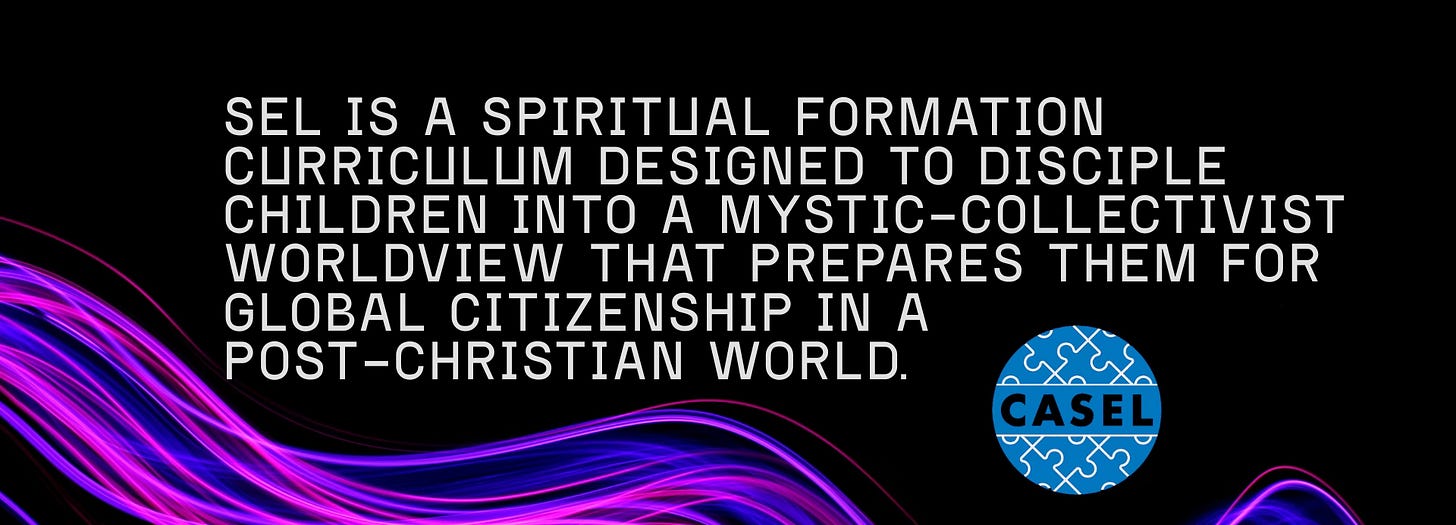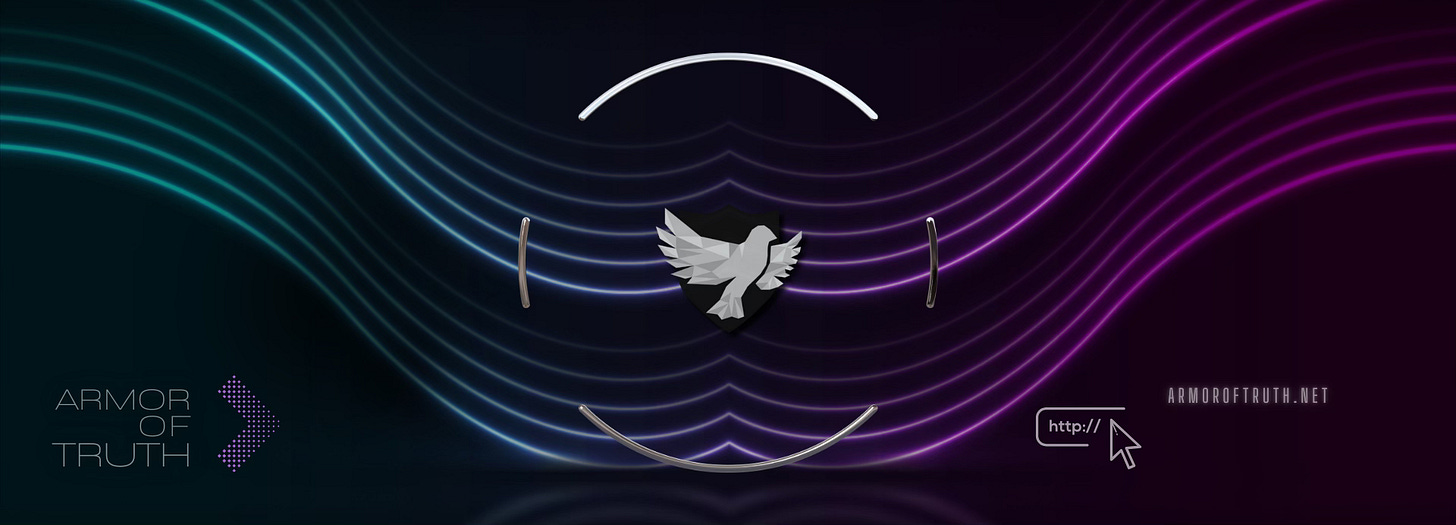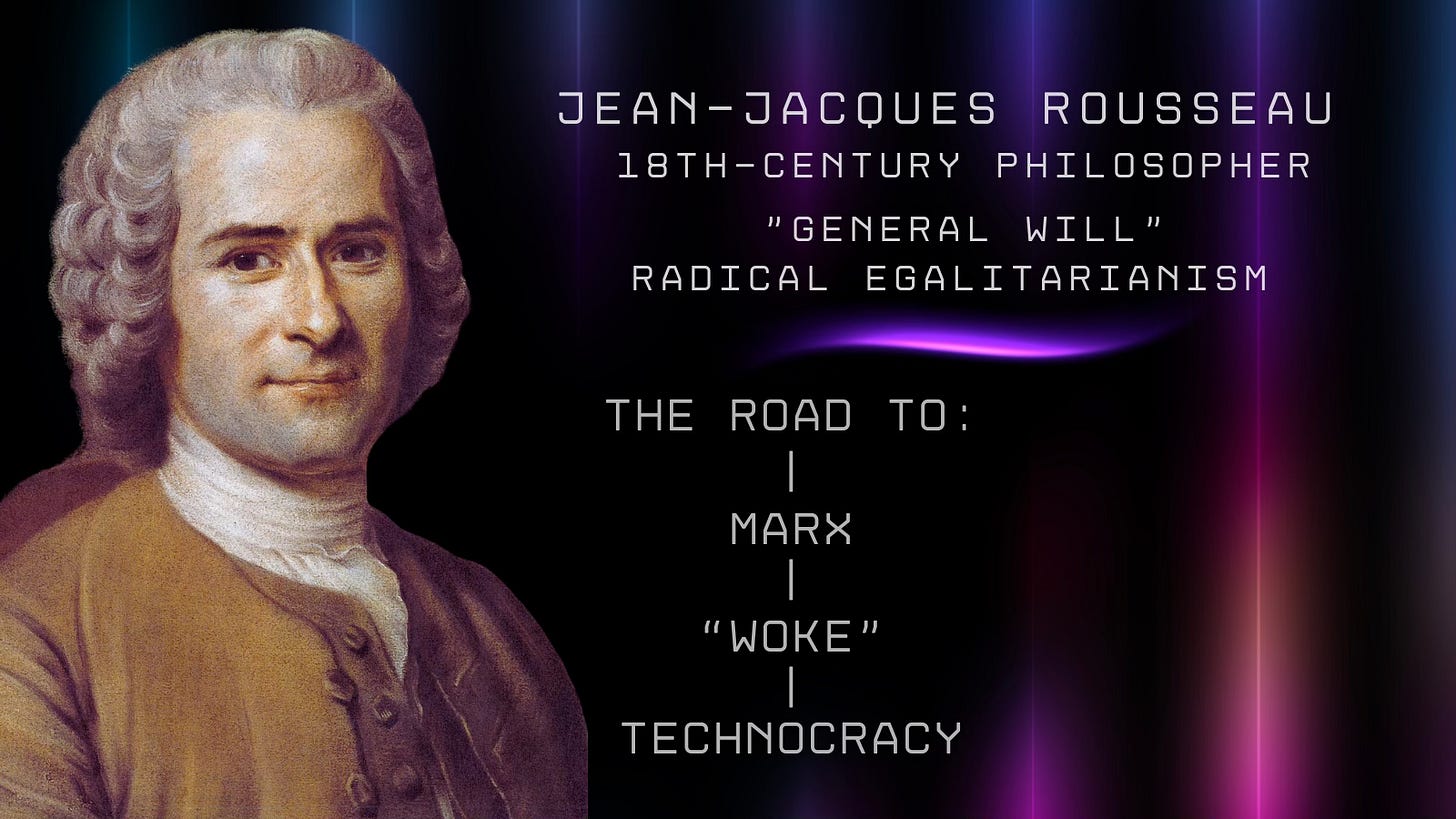The Hidden Religion of SEL
Unmasking the Syncretistic Spirituality Behind Social Emotional Learning
What if “resilience” wasn’t about bouncing back—but bowing down?
Behind the soft language of Social Emotional Learning (SEL) and “resilient communities” lies a spiritually subversive system rooted in Theosophy, Buddhism, and collectivist control. In two explosive exposés, author and researcher Lisa Logan uncovers the unsettling reality behind Social Emotional Learning (SEL) and the Federal Resilience Plan: these are not neutral tools for education or recovery, but carefully crafted systems designed to reshape belief, identity, and governance.
Logan uncovers how SEL isn’t just educational reform—it’s religious reprogramming disguised as therapy. From the Fetzer Institute’s occult vision to the Federal Plan’s backdoor for UN-aligned surveillance, this agenda rewires your child’s soul and your city’s sovereignty.
The Resilience agenda is a gateway for collectivist restructuring, racialized redistribution, and digital surveillance—all marketed as progress. At its core, this agenda replaces the truth of God’s Word with a counterfeit moral system rooted in emotionalism, conformity, and self-divinization.
Learn how to spot it—and why, biblically, we must resist it. Being informed is no longer optional, it is essential for those who want to protect both the soul and the structure of a free society.
Social Emotional Learning (SEL), as implemented through organizations like CASEL and embedded within modern education policy, is not a neutral, evidence-based psychological framework. It’s a covert spiritual formation program rooted in Eastern mysticism, Theosophy, and progressive collectivism—masquerading as scientific pedagogy. SEL systematically disciples children into a syncretistic worldview that contradicts biblical Christianity, erodes individual identity, and prepares students for a post-Christian, collectivist global order.
Don’t miss!
For a deeper understanding of SEL’s Enlightenment origins see the supplemental information at the end of this article:
🔍 EXTRA: Rousseau and The Centuries Old Pathway to SEL Today
Key Terms Defined
Social Emotional Learning (SEL)
A framework promoted as a means of helping children develop emotional intelligence, empathy, and interpersonal skills. CASEL defines it through five core competencies: self-awareness, self-management, social awareness, relationship skills, and responsible decision-making.Syncretism
The blending of different religious, philosophical, or cultural beliefs into a new system. In the context of SEL, it denotes the fusion of Buddhist meditation practices, Theosophical cosmology, and progressive psychological theories.Cosmological Monism
The belief that all reality is one unified, undivided whole. This idea, central to Hinduism, Buddhism, and Theosophy, denies personal individuality and transcendent moral law.Collectivism
The prioritization of the group over the individual, often manifesting in political or ideological movements that suppress individual rights for the sake of the “common good.”Theosophy
A mystical religious system blending Western occultism with Eastern spiritual concepts. Founded by Helena Blavatsky and promoted by Annie Besant, it significantly influenced New Age and progressive spiritual movements, including SEL.
Historical and Spiritual Origins of SEL
While most are led to believe SEL originated at the 1994 Fetzer Institute meeting that led to the formation of CASEL, Lisa Logan’s meticulous research shows the roots run much deeper—into the esoteric spiritual soil of Eastern mysticism and occultism. The spiritual formation strategy behind SEL was incubated in the Working Group on Contemplative Mind in Society, which sought to embed contemplative practices from Mahayana Buddhism and Theosophy into Western institutions under the guise of science and education.
This group, supported by the Nathan Cummings Foundation and Fetzer Institute, involved figures like:
Joan Halifax – A student of Buddhist monk Thich Nhat Hanh and mythologist Joseph Campbell, who operated out of land purchased by Theosophist Annie Besant to cultivate a “new race” of spiritually advanced humans.
Jon Kabat-Zinn – Creator of Mindfulness-Based Stress Reduction, rooted in Zen Buddhism.
Michael Lerner – Director of Commonweal and co-architect of SEL’s early framework through programs focusing on mind-body-spirit health.
Their strategy? To obscure Buddhist and Theosophical spiritual practices in scientific language, thereby introducing them into schools without violating the First Amendment prohibition of state-sponsored religion.
As Lama Yeshe, founder of the Foundation for the Preservation of the Mahayana Tradition, explicitly instructed in 1982:
“Don’t use Sanskrit words. Don’t say Nirvana. Just call it Universal Education. Change the clothes, cut the terminology.”
Thus SEL became the “change of clothes” for Buddhist ontology and Theosophical cosmology—a Trojan Horse for a new religion masquerading as therapeutic education.
SEL as a Covert Spiritual System
At the heart of SEL’s practices lies the Way of Council, a method of group dialogue derived from Native American ritual, Quaker circles, and Eastern meditation—systematized at The Ojai Foundation, itself rooted in Theosophical aspirations of spiritual evolution. These “circles” serve as emotionally immersive rites of passage designed to reshape identity, induce altered states of consciousness (alpha waves), and form new group-aligned beliefs.
SEL’s practitioners and founding theorists (e.g., Rachael Kessler, Daniel Goleman, Eileen Rockefeller Growald) describe these circles as helping students attain connection, mystery, wholeness, and spiritual transformation. Kessler openly described the “Mysteries Program” as a vehicle for altered states, guided imagery, emotional vulnerability, and transformational storytelling—all religious practices repackaged for educational settings.
Such programming does not aim at intellectual inquiry, but emotional conformity through affective bonding and “responsibility” defined in collectivist, moral relativist terms.
The Philosophical Contradiction
Eastern Mysticism Meets Western Idealism
Francis Schaeffer’s analysis of the grace-nature dialectic helps diagnose this fusion of contradictory spiritual systems. Eastern non-dualism collapses all distinctions—between matter and spirit, individual and collective, good and evil—into a cosmic Oneness. Western Enlightenment idealism, by contrast, elevates the autonomous self as the source of meaning.
The result? A contradictory system in SEL that:
Teaches students that the self is both sacred and an illusion
Promotes expressive individualism (“be your authentic self”) while demanding collectivist conformity (“for the greater good”)
Promotes empathy as moral action, but only toward causes sanctioned by progressive ideology (e.g., climate justice, LGBTQIA+ rights)
This philosophical confusion is a hallmark of Westernized mysticism—a “spiritual-but-not-religious” movement that absorbs rituals and beliefs from Buddhism, Theosophy, and Jungian psychology, but dresses them in the therapeutic language of trauma healing, diversity, and emotional intelligence.
Eastern mysticism (Buddhism, Hinduism, Taoism, etc.) teaches ideas like:
The divine is within
Enlightenment through inner awakening
Non-dualism (no ultimate good/evil)
Dissolving the self into a greater “oneness”
Western idealism (think Hegel, German romanticism, even American transcendentalism) emphasizes:
Inner potential
Progress through thought and reason
Man as the shaper of his destiny
When you blend these two together, you get New Age spirituality, therapeutic moralism, and a kind of self-salvation gospel. This new hybrid religion tells people:
“You are enough. The truth is in you. Salvation is about wholeness, not repentance. Morality is being true to yourself.”
And that message is everywhere, especially in SEL, modern psychology, and DEI training.
SEL as Progressive Collectivism
Logan and others rightly point out that SEL aligns seamlessly with progressive collectivism—a system that trains children to see themselves as nodes in a global unity, morally obligated to act in solidarity with “the oppressed” and surrender individuality for group harmony.
This worldview:
Denies the Imago Dei—that each person is uniquely made in God’s image with individual moral responsibility.
Encourages moral inversion: Dissent from groupthink becomes evil; conformity becomes virtue.
Promotes politicized empathy: An emotional response framework tailored toward progressive goals (e.g., race essentialism, environmentalism, sexual identity constructs).
Replaces transcendent truth with experiential emotionalism: “Lived experience” becomes the ultimate epistemic authority.
As Carl Trueman has observed in The Rise and Triumph of the Modern Self, SEL is part of a broader civilizational shift toward “expressive individualism” yoked to social collectivism—a cultural contradiction engineered to undermine biblical anthropology.
The Religious Nature of SEL
SEL is not merely “values-based” education—it is a full-fledged spiritual formation program grounded in cosmological monism, which asserts that “all is one.” Its roots in Theosophy and Buddhism reject the biblical distinction between Creator and creation, person and nature, good and evil.
It teaches children:
The self is fluid and defined by feeling
Truth is relative and socially constructed
Unity comes through dissolving identity into the collective
Enlightenment is achieved by empathy, not repentance
“Salvation” is awakening to one’s divine oneness—not deliverance from sin through Christ
These tenets constitute a rival gospel. SEL is a counterfeit discipleship program—a catechism of a false religion that mimics Christian language (e.g., compassion, justice, unity) but redefines them according to pagan mysticism.
SEL as a Clever Substitute
The devil is clever to use SEL as a replacement to biblical discipleship.
Why is it so clever?
Because it mimics the structure of Christian sanctification: forming the heart, shaping character, training in love and empathy.
But it removes Christ, sin, the cross, and eternal truth—replacing them with emotional self-awareness, social justice, and inner peace.
It's a form of godliness but denying its power (2 Tim 3:5).
Instead of:
Conviction → Repentance → Faith → Transformation (by the Spirit) You get:
Trigger → Awareness → Validation → Identity reinforcement (by the self)
Spiritual War in the Classroom
SEL becomes a spiritual catechism:
It redefines sin as “intolerance” or “harmful language”
It recasts salvation as “emotional regulation” and “inclusion”
It teaches children to trust their feelings over God's Word
It’s not just bad pedagogy—it’s a rival religion.
The Biblical Rebuttal: Personal Identity and Unity in Christ
Christianity alone reconciles our longing for personal identity and true unity.
The Bible affirms individual worth:
“Even the hairs of your head are all numbered” (Luke 12:7).
The Bible affirms real community:
“For in one Spirit we were all baptized into one body” (1 Cor. 12:13).
The Bible affirms moral truth:
“Sanctify them in the truth; your word is truth” (John 17:17).
The Bible affirms personal accountability:
“Each of us will give an account of himself to God” (Rom. 14:12).
In Christ, we are not dissolved into an impersonal collective or manipulated through trauma bonding into groupthink. We are individually redeemed, personally known, and spiritually united through faith in the Savior who bore our sins.
At surface level, SEL teaches students to:
Manage emotions
Show empathy
Make "responsible" decisions
Build relationships
This sounds great on paper, but the real question is whose definition of morality, empathy, and responsibility is being used?
SEL as Secular Spiritual Formation
When SEL is infused with progressive ideological assumptions, it becomes a values-delivery system—one that trains kids in:
Moral relativism ("Your truth is your truth")
Identity-centered morality (placing race, gender, or sexuality at the center of self-worth)
Group-based guilt and virtue (e.g. oppressor/oppressed frameworks)
Self-deification or inward divinity (your inner voice = ultimate truth)
It may avoid explicit religion, but that doesn’t make it neutral, it simply replaces Christian anthropology and moral authority with a psychologized, self-referential ethic.
The “New Hegemony” and SEL
We’ve written before about how Marxist thought has become hegemonic. Most people, especially younger generations have absorbed core Marxist ideas (e.g. oppressor/oppressed binaries, false consciousness, the primacy of power in human relations) without realizing the ideological lineage. That’s hegemony in action. SEL often acts as the delivery mechanism in schools for these ideas under the guise of “emotional intelligence.”
Critical Race Theory gets filtered into SEL as “cultural responsiveness.”
Queer theory gets in through “gender inclusion.”
Marcuse’s repressive tolerance shows up in how “tolerance” is defined: affirm everything except traditional Christian values.
SEL trains children not just in how to feel, but in what to believe, and which emotions are morally valid based on the ideological framework being taught.
Call to Action
SEL is not neutral. It is not just psychological. It is not simply therapeutic.
It is a spiritual formation curriculum designed to disciple children into a mystic-collectivist worldview that prepares them for global citizenship in a post-Christian world.
Parents, educators, and church leaders must:
• Expose the religious and ideological roots of SEL
• Teach biblical anthropology to children and youth
• Reject “emotional learning” divorced from truth and virtue
• Build schools and ministries centered on Christ, not consensus
• Affirm both the uniqueness of persons and the truth of God’s Word
From a Christian Worldview:
Christian formation teaches:
Emotions are real but not authoritative
Truth is objective and rooted in God’s Word
Identity is in Christ, not in race, gender, or feelings
Virtue is obedience to God, not societal affirmation
So SEL subtly but powerfully undermines biblical categories—it’s a form of spiritual conditioning that displaces the need for the Holy Spirit with a kind of therapeutic salvation through self-awareness and social harmony.
As Paul warned in Colossians 2:8:
“See to it that no one takes you captive through philosophy and empty deceit, according to human tradition, according to the elemental spirits of the world, and not according to Christ.”
Let us not be taken captive.
Let us resist SEL’s seduction.
Let us disciple children not into the illusion of Oneness, but into the glorious truth of Christ.
More articles on SEL soon, please subscribe and share.
Thank you for reading.
Summer Black, Director, Armor of Truth
Sources
Logan, Lisa. “The REAL (Religious) Origins of Social-Emotional Learning.” Lisa Logan Substack, March 2024. https://lisalogan.substack.com/p/the-real-religious-origins-of-social
Logan, Lisa. “The Sneaky Federal Plot to Turn Your Kids and Community Towards Communism in the Name of ‘Resilience.’” Liberty Sentinel, March 11, 2024. https://libertysentinel.org/the-sneaky-federal-plot-to-turn-your-kids-and-community-towards-communism-in-the-name-of-resilience/.
Goleman, Daniel. Emotional Intelligence. New York: Bantam Books, 1995.
Schaeffer, Francis. Escape from Reason. Downers Grove: IVP, 1968.
Hicks, Stephen R. C. Explaining Postmodernism: Skepticism and Socialism from Rousseau to Foucault. Tempe: Scholargy, 2004.
Taylor, Charles. A Secular Age. Cambridge: Harvard University Press, 2007.
Trueman, Carl R. The Rise and Triumph of the Modern Self. Wheaton: Crossway, 2020.
Ellul, Jacques. The New Demons. Translated by C. Edward Hopkin. New York: Seabury Press, 1975.
“CASEL: Our History.” Collaborative for Academic, Social, and Emotional Learning. https://casel.org/about-us/our-history/
“Way of Council.” Ways of Council. https://waysofcouncil.net
“Fetzer Institute Archives.” Internet Archive. https://archive.org
🔍 EXTRA: Rousseau and The Centuries Old Pathway to SEL Today
Jean-Jacques Rousseau was foundational in shifting Western thought from a biblical understanding of man as fallen and in need of redemption, to a secular gospel of human innocence and perfectibility. And that philosophical move—subtle and seductive—absolutely undergirds the acceptance of programs like SEL today.
Rousseau and the Denial of Depravity
Before Rousseau (1712–1778), much of Western thought, particularly in Protestant regions, was grounded in the doctrine of original sin:
That man is born with a sinful nature (Rom. 5:12)
That without divine intervention, the heart is deceitful and wicked (Jer. 17:9)
But Rousseau rejected that. He argued in Émile and The Social Contract that:
Man is born good
It is society that corrupts him
The goal of education and governance should be to liberate the true self
This is radically opposed to the Christian worldview, which says that the self needs to be crucified, not coddled or actualized (Gal. 2:20).
Rousseau’s Legacy Found in SEL
Rousseau’s vision was the foundation of modern progressive education:
Child-centered learning
Self-esteem as central to development
Authority structures seen as repressive
The heart and feelings elevated as guides to truth
So when SEL comes along with ideas like:
“Every child has the capacity for wisdom and moral insight within them.”
That’s straight from Rousseau.
And it’s dangerous, because:
It erases the need for the gospel
It encourages children to look within for truth instead of to God
It sets up emotional validation as more important than moral formation
From Rousseau to the Classroom
Today’s educational psychology is Rousseau’s children:
Maslow’s hierarchy of needs
Carl Rogers’ self-actualization
Dewey’s child-led learning
SEL’s “whole child” approach
It all assumes the same thing: the child is not depraved, but simply undeveloped. That’s a massive theological error with eternal consequences.
The “Harmless” Lie
So when SEL is embraced as “just helping kids handle emotions,” most parents (and even many teachers) don’t realize they’re buying into a worldview where:
Sin isn’t real
Authority is suspect
The self is savior
It’s the perfect lie because it appears compassionate, progressive, and child-centered but it’s really a Rousseauian reprogramming of the moral imagination.
The Biblical Contrast
Rousseau: "Man is born free, but everywhere is in chains."
Bible: "Everyone who sins is a slave to sin" (John 8:34)
Rousseau: "Liberate the self."
Christ: "Deny yourself, take up your cross, and follow me" (Matt. 16:24)
Rousseau sources:
Jean-Jacques Rousseau, Émile, or On Education, trans. Allan Bloom (New York: Basic Books, 1979).
Jean-Jacques Rousseau, The Social Contract, trans. Maurice Cranston (London: Penguin Books, 1968).
Abraham Maslow, “A Theory of Human Motivation,” Psychological Review 50, no. 4 (1943): 370–396.
Carl R. Rogers, On Becoming a Person: A Therapist’s View of Psychotherapy (Boston: Houghton Mifflin, 1961).
John Dewey, Experience and Education (New York: Macmillan, 1938).
Collaborative for Academic, Social, and Emotional Learning (CASEL), “What is SEL?” Accessed April 15, 2025. https://casel.org/fundamentals-of-sel/
Maurice J. Elias et al., Promoting Social and Emotional Learning: Guidelines for Educators (Alexandria, VA: Association for Supervision and Curriculum Development, 1997).
David Livingstone Smith, Why We Lie: The Evolutionary Roots of Deception and the Unconscious Mind (New York: St. Martin's Press, 2004).
Charles Taylor, Sources of the Self: The Making of the Modern Identity (Cambridge, MA: Harvard University Press, 1989).
About Armor of Truth: https://armoroftruth.substack.com/about
Download the Armor of Truth Mobile App Free
NEW! AoT Locals
NEW! AoT Telegram
Join our AoT Newsletter email list
Armor of Truth, Inc is a 501(c)(3) Non Profit Organization
Donations are tax deductible
By supporting Armor of Truth you are helping to reach thousands of people daily with the Gospel of Jesus Christ and encouragement to persevere in a world that is hostile to the gospel. Please consider making a donation to help support this mission.
Support Armor of Truth Donate
Rousseau, Social Emotional Learning, SEL, CASEL, humanism, progressive education, Carl Rogers, Maslow hierarchy, child-centered learning, biblical worldview, original sin, the fall of man, human nature, reimagining education, emotional intelligence, self-actualization, human perfectibility, expressive individualism, Galatians 2:20, John Dewey, anti-Christian pedagogy, secular morality, educational psychology, moral formation, psychological manipulation, Rousseau Émile, authority and education, Christian apologetics, indoctrination in schools, biblical anthropology, Theosophical roots of SEL





